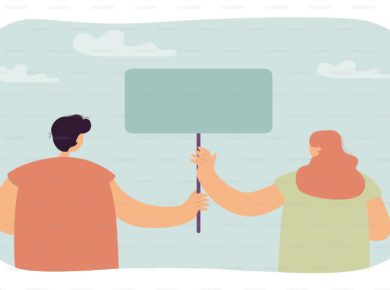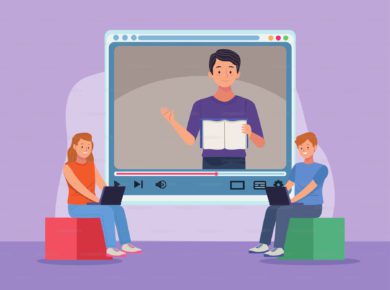The concept and principles of teaching and learning have existed since the Vedic era (1500 BC), yet over time, educational techniques, curricula, and other factors have changed, making a significant impact even if the fundamental principles have remained constant and have undergone slight modification.
Education and the whole development of the students have always been top priorities, and this importance only grows with time. Both teaching and learning are processes that require time and patience, as well as the devotion of the instructor to the students’ education and of the students to learning as well as respect for the teacher for effective principles of teaching and learning.

5 Principles of Teaching
Teaching can be described as interaction with students that enable their understanding of existing concepts that promotes the innovation of new concepts and techniques. For effective teaching, every teacher should know and follow the below-listed principles:-
Equality among Students
Students must always be treated fairly and fairly, and it is an essential quality of a good teacher to never show favoritism toward any one group of students. Discrimination amongst students on the basis of caste, race, religion, etc., should not occur, but extra attention should be given to kids who have any kind of mental or physical problems if it’s going to help them and not create uncertainty about their circumstances.
Recognizing that every Student is Unique and Special
In some way or another, everyone is different. The same holds true for students. One thing a student may be good at, and another, they may not be. To give students an effective learning experience, a teacher teaching students must recognize this, appreciate it, and assist the students in the topics that they find challenging.
It is important to be friendly and compassionate with the students in order for them to feel comfortable discussing their problems with the teacher openly and without feeling intimidated. Nevertheless, one must not forget to make it very clear to the students “who’s in charge” in order to prevent them from becoming disrespectful in their behavior or attempting to undermine your authority regarding any decision in class.
Provide Remarks and Feedback Actively
Regularly offering feedback to students and making a comment about their performance helps teachers in teaching because it boosts students’ morale to hear compliments from teachers and receive feedback on their weaknesses. This helps students learn better by making them aware of their mistakes.
Work Together as a Group
A significant gap is closed, and a bridge is built as soon as a teacher begins to view a student’s achievements as their own. A teacher must be aware that what they teach a student, how they treat them, how they support their progress, and the assessments they take serve as foundational elements in a student’s life and pave the way for significant successes in life. Achieving anything is still a win, even if some people don’t succeed as much as others.
5 Principles of Learning
Learning is a way of development that results from experience and studying and raises the possibility of better performance and future knowledge. To understand learning better, one must know and practice the following principles:-
Learning takes time
It is essential to understand that to learn something, one must be willing to dedicate their time to the process. It is not a miracle that just happens with the click of a finger. It takes a constant amount of time and regularity in order to learn and master any skill or comprehend any kind of information and apply it.
Learning is a Lifelong Process
Even while reading this site, people are constantly learning. Either a person is recalling prior information or learning something new. Since birth, we have been learning everything from how to walk to how to speak to how to write. Even the most fundamental activities of daily living that we perform without even acknowledging it are all part of a larger, ongoing process that helps us develop the abilities to adapt and survive in a variety of circumstances.
This leads us back to the teacher teaching students. Everything we learn could well be taught orally, visually, or physically. People have indeed been learning and passing on information since ancient times, whether it was the discovery of fire or the wheel or the new discoveries we have made today. Sharing one’s experience through journals, medical discoveries, and so on are all different kinds of abilities that one might develop if one chooses to.
Interacting with people allows a person to develop a variety of talents and obtain a wealth of information. Each individual has a unique ability or experience to share with others, each of which is distinctive in its own way. There is no doubt that if the individual interprets the correct meaning of the knowledge being conveyed, they will be able to solve any and all problems.
Learning Is Never Wasted
All abilities are important and valuable in some manner. Since there is no way of knowing when a piece of knowledge might be useful, “it” is never claimed that learning was a waste of time. Even when certain abilities are applied frequently, some aren’t as often, and some are never used at all, that doesn’t imply that learning should end.
The Final Word
It is essential to provide both teaching and learning similar weight and attention since they go hand in hand. At Classplus, we give teachers the required modern tools to make teaching easier and to aid students in learning more effectively. Still wondering? Get your own teaching app with Classplus and start your online teaching journey with us.




